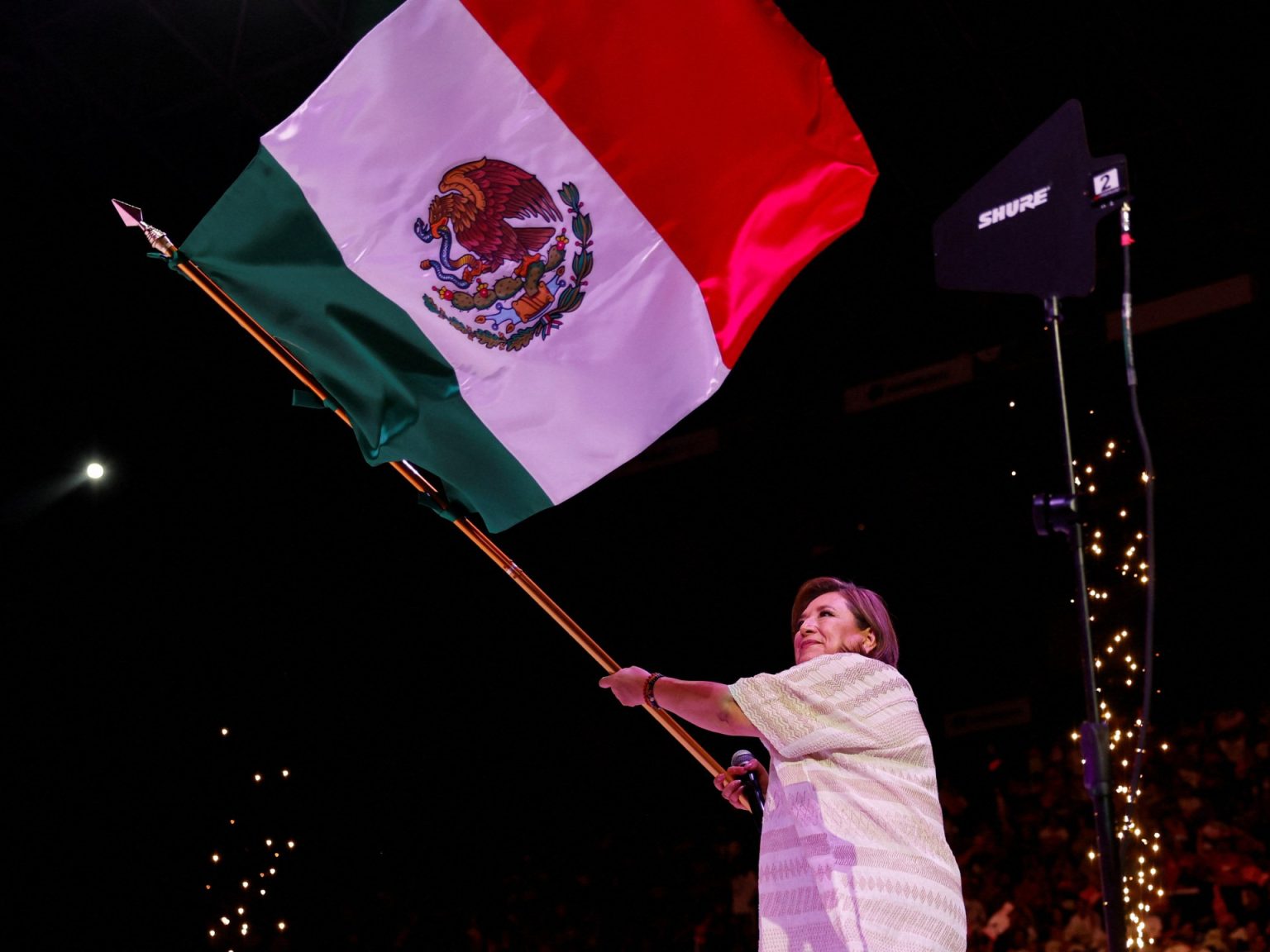A decade ago, Alejandra del Moral was synonymous with Mexico’s conservative Institutional Revolutionary Party (PRI). She held various positions, such as being the youngest mayor and representing the party in the national Congress. However, in a surprising move just days before a crucial election, del Moral resigned from the PRI and threw her support behind the left-leaning Movement for National Regeneration or Morena. This shift in allegiance was a sign of the changing political landscape in Mexico, as the once-dominant PRI was now struggling to maintain its influence.
For much of the 20th century, the PRI held a strong grip on Mexican politics, running a single-party regime characterized by allegations of election rigging and widespread violence to maintain control. However, in 2000, the party lost the presidency for the first time in 70 years. While they staged a comeback in 2012, corruption scandals and declining poll numbers resulted in the party losing its stronghold. In 2023, del Moral’s loss in the gubernatorial race marked the first time the PRI lost control of one of its stronghold states in 94 years. With the upcoming June 2 presidential race, the PRI is once again trailing in the polls.
Experts attribute the dramatic decline of the PRI to its history of violence and corruption. For decades, the party managed a “well-oiled machinery” of political power that extended from the presidency down to the local level. This system allowed the PRI to respond to voter demands while maintaining political power. However, brutal repression of dissidents in the late 1960s and early 1970s, along with accusations of voter fraud, tarnished the party’s image. Additionally, the implementation of neoliberal reforms contributed to the party’s downfall by undermining its traditional voter base.
The election of President Enrique Peña Nieto in 2012 marked a brief comeback for the PRI, but his administration was marred by corruption scandals and ongoing violence. By the time the 2018 race arrived, Peña Nieto’s approval ratings were low, paving the way for the Morena Party, led by President Andrés Manuel López Obrador, to dominate Mexican politics. Morena is expected to win the upcoming election, while the PRI’s coalition struggles in the polls. Some experts point to leadership issues within the PRI, as well as internal conflicts, as contributing to the party’s decline.
Morena’s rise to power has been compared to the PRI’s former dominance, with local power elites now aligning with Morena for the continuity of their influence. Despite being left-wing, Morena has been perceived as a reconverted PRI by some experts. The PRI, on the other hand, hopes to become a minority party that can claim key swing votes in Congress. While the PRI may endure as a weakened force, its future remains uncertain. Experts question whether Morena will maintain its popularity after López Obrador leaves office, and whether the PRI can adapt to thrive within a Morena-dominated political landscape.


